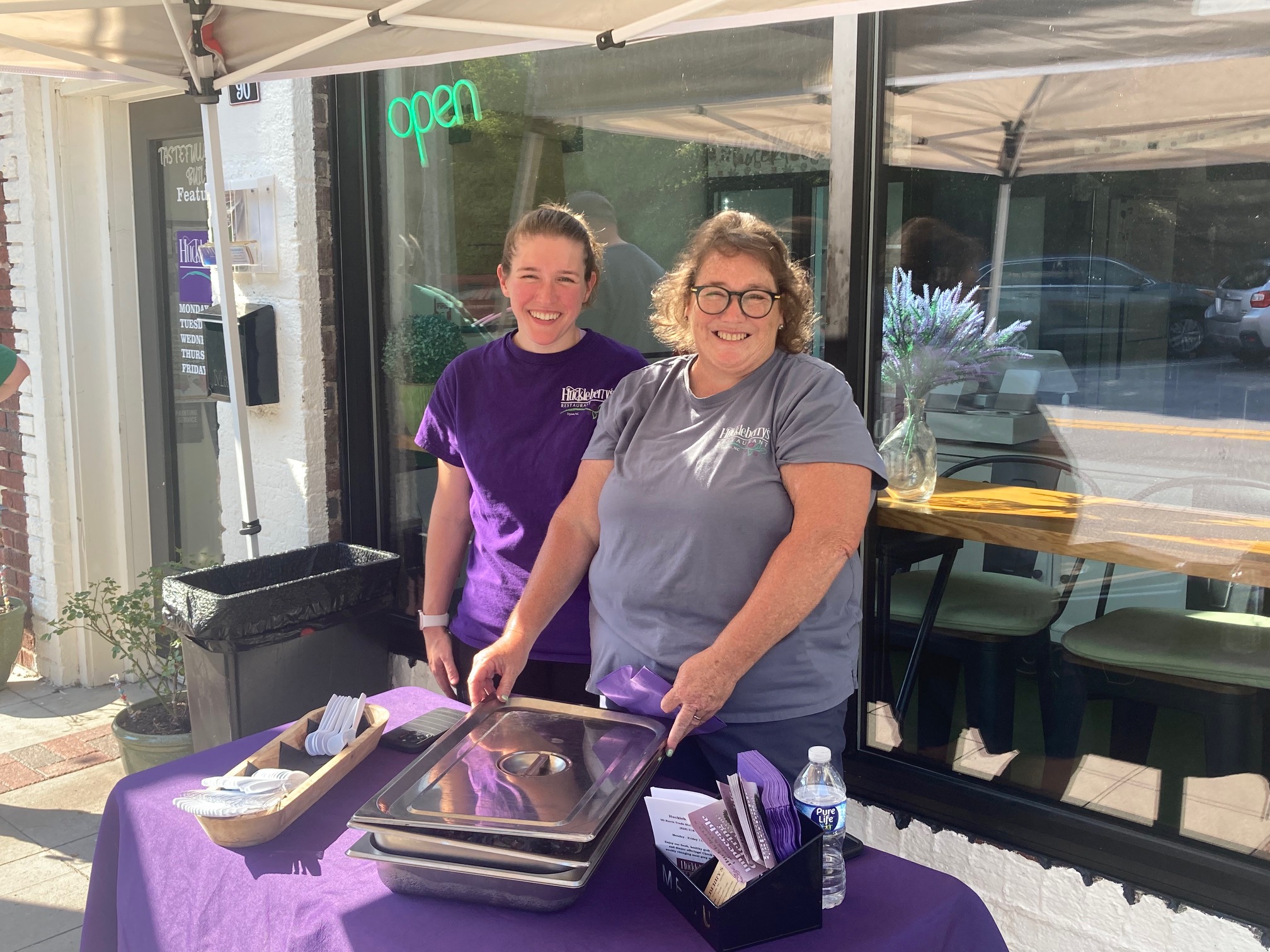Healing, stress reducing, immune-boosting power of tea
Published 1:12 am Friday, July 10, 2015
By David Crocker
Tea is the most popular drink worldwide, but in the United States, it ranks behind coffee, soft drinks, milk and fruit juice. Medical researchers, though, are finding potential healing powers in this ancient beverage.
The most popular teas are black, red or green. These are produced from the leaves, buds, and stalks of the Camellia Sinensis plant. Black and red teas are dried, crushed, and fermented. The length of fermentation determines whether the tea will be red or black. Green tea is simply steamed quickly before packaging, and therefore is least processed.
The leaves of the Camellia plant contain compounds called polyphenols. These polyphenols are antioxidants, and protect the body’s cells from free radical damage, help prevent premature blood clotting, and boost the immune system. Some researchers believe these polyphenols can lower cholesterol levels, neutralize enzymes that aid in the growth of tumors, and deactivate cancer promoters, which are chemicals or substances that promote expansion of initiated cancer cells. Since green tea is unfermented, it retains more polyphenols than either red or black tea.
Apart from polyphenols, tea contains theanine, an amino acid unique to tea. Theanine, along with the vitamins and minerals found in tea, help reduce high blood pressure and premature aging, improve digestive function, and help fight viral and bacterial infection. Tea also contains fluoride for strong teeth.
When it comes to caffeine, tea leaves do have higher concentrations than coffee by weight, but more coffee than tea is required to produce a cup. Tea also contains small amounts of the caffeine-related compounds theophylline and theobromine. These substances, along with caffeine, are known as xanthenes.
All three produce similar actions in the body, but differ in their intensity. Caffeine is absorbed rapidly and appears in all bodily tissues within about five minutes of ingestion, and reaches its peak in about thirty minutes. Mild doses of caffeine, 85-250 milligrams (the equivalent to one to three cups of coffee), help suppress fatigue and improve alertness, but higher doses can produce nervousness, restlessness and insomnia.
Xanthenes increase blood flow to the heart, but if used in excess, can, in some instances, trigger irregularities in the heartbeat. In contrast to the dilating affect on other blood vessels, xanthenes constrict blood vessels in the brain. For this reason caffeine may relieve some headaches, and is often a component of both prescription and nonprescription headache medications.
With the focus of so many individuals today on natural, caffeine free alternatives to coffee and tea, herbal teas have become very popular. Actually, herbal teas aren’t really teas at all in the true sense of the word-that is, they aren’t made from the Camellia Sinensis bush, but rather are brewed flowers, leaves, seeds, bark, or roots of any plant or combination of plants.
Popular herbal tea blends include ginger, cinnamon, mint, lemon, orange, and apple. While it’s true, many herbs have been approved for use by the FDA, it is equally true that many have not been tested for safety for use as teas.
For example, one pinch of nutmeg, when added to eggnog, produces no harmful effects, but when brewed into tea can cause dizziness, rapid pulse, and disturbed vision. Also, remember, just because it’s herbal or “all natural” doesn’t mean it’s safe. Mandrake, hemlock, belladonna, curare, lobelia, root of pokeweed, mistletoe, wormwood, and fox glove are all herbal, but highly toxic.
To enjoy herbal teas safely, I recommend:
- Buy only tea bags (not loose tea) from well known manufacturers.
- Use any “new” variety sparingly. If there are no adverse effects, use more next time.
- Read the ingredient label carefully. The name of certain teas doesn’t really tell you all that’s in them.
- If you take medications, over the counter, or by prescription, check with your physician or pharmacist before indulging in herbal tea.
- Never gather leaves, buds, and other plant parts to make your own herbal tea, as some of these can be deadly.
- Don’t drink more than 2-3 cups of herbal tea a day, since its long-term effects aren’t really known.
- If you are pregnant always check with your doctor before starting any herbal tea.
Diet or exercise question? Email me at dwcrocker77@gmaul.com or visit fitness4yourlife.org. David Crocker of Landrum has been a nutritionist and master personal trainer for 28 years. He served as strength director of the Spartanburg Y.M.C.A., he served as head strength coach for the USC Spartanburg baseball team, S.C. state champion girls gymnastic team, and the Converse College equestrian team. He served as a water safety consultant to the United States Marine Corps, lead trainer to L.H. Fields modeling agency, and taught four semesters at USC Union. David was also a regular guest of the Pam Stone radio show.





